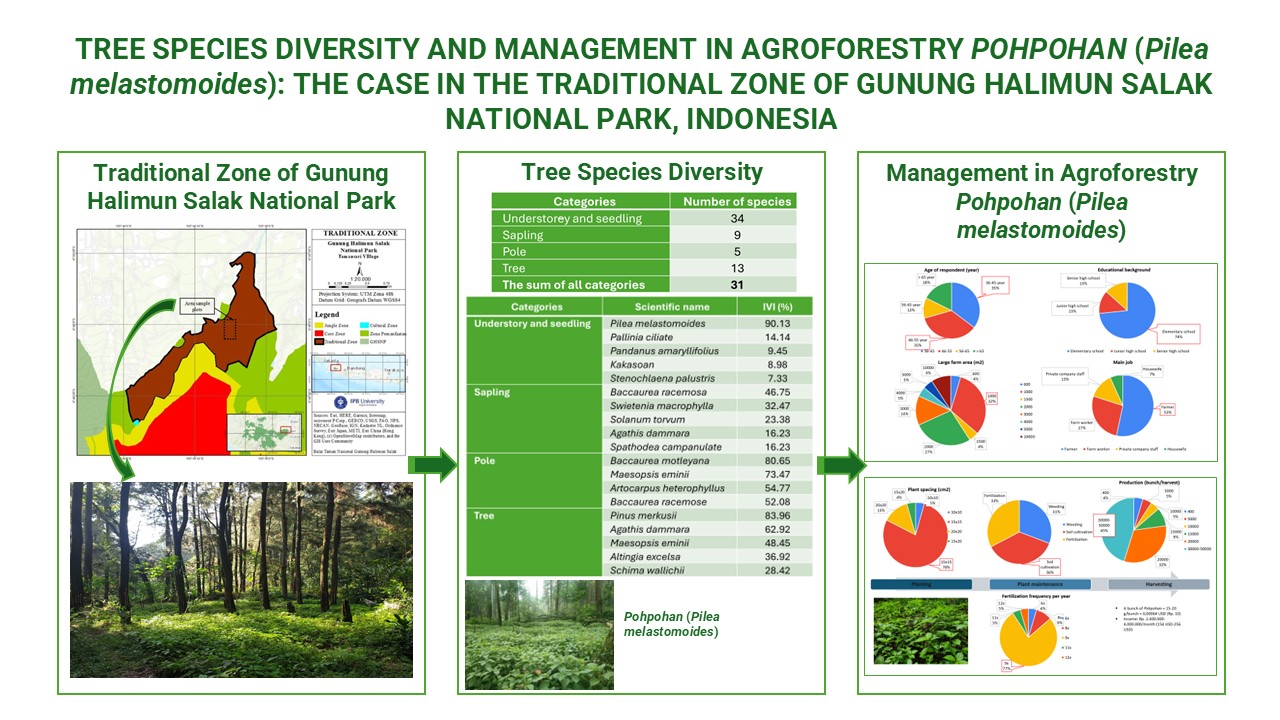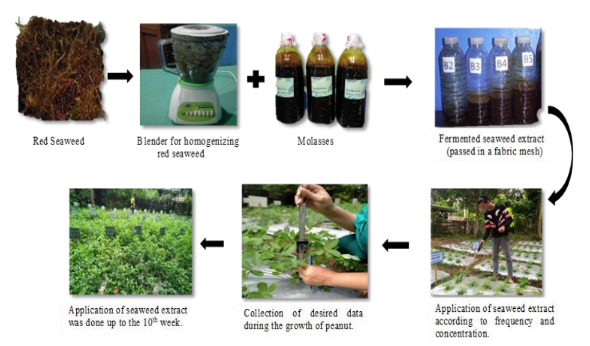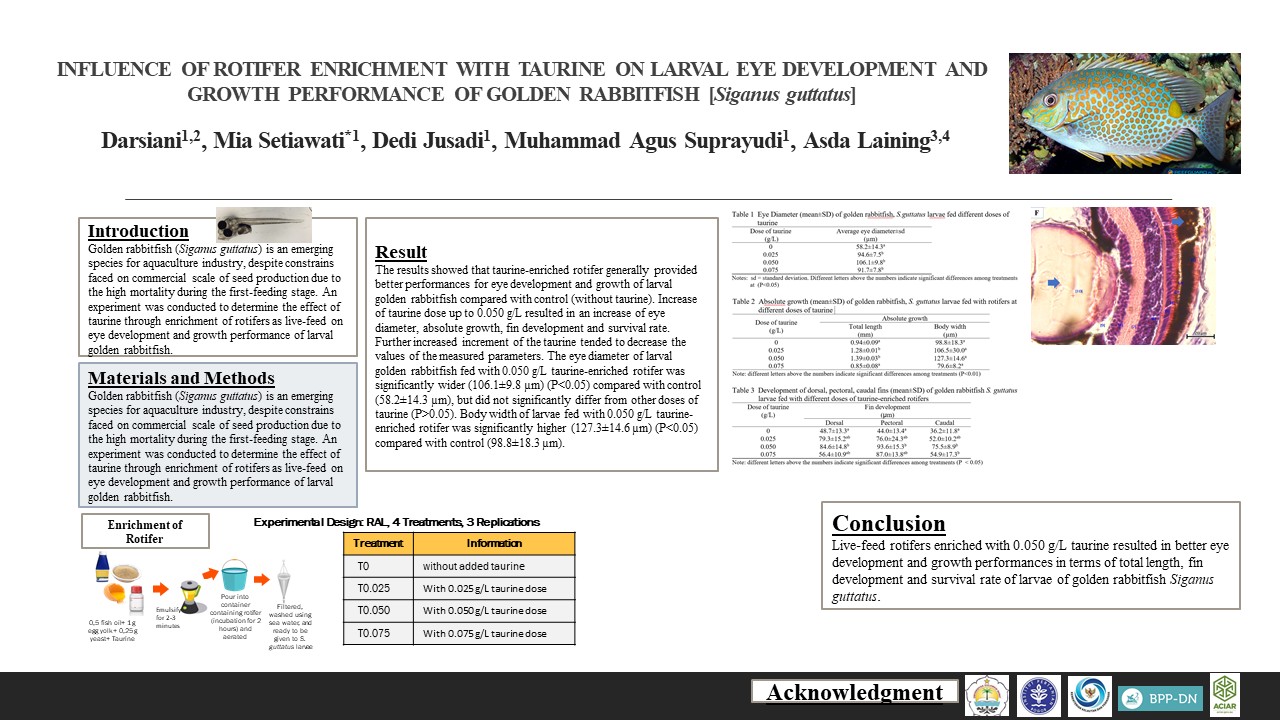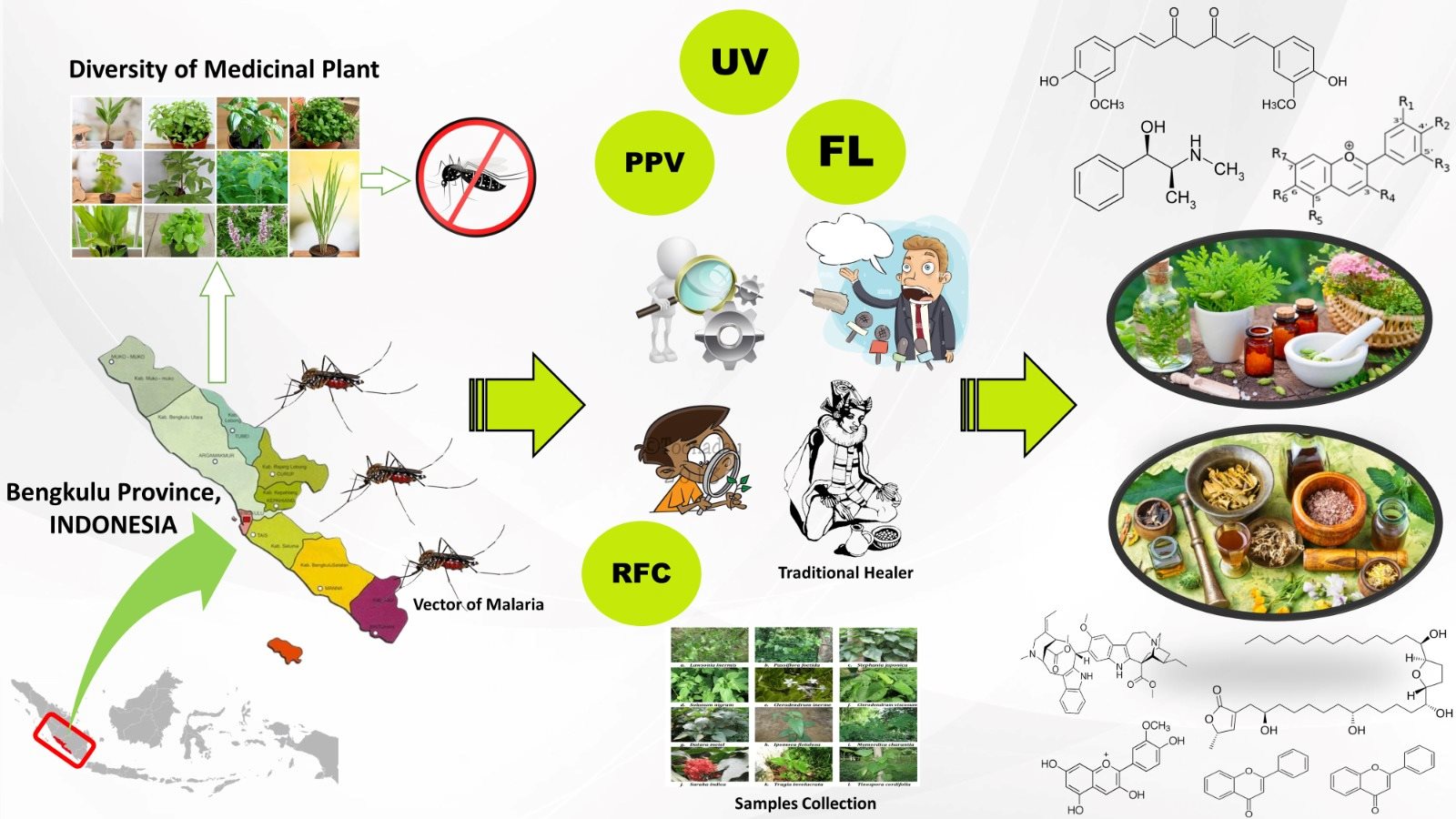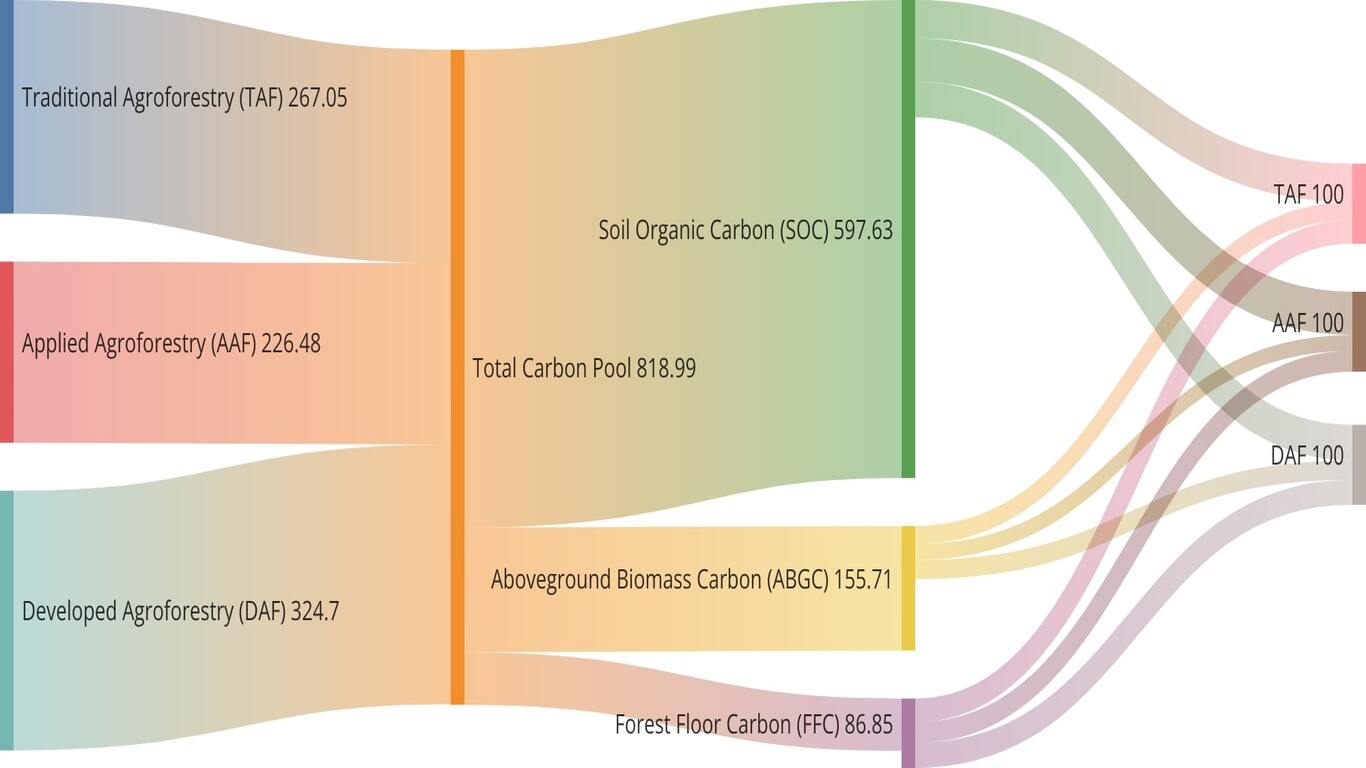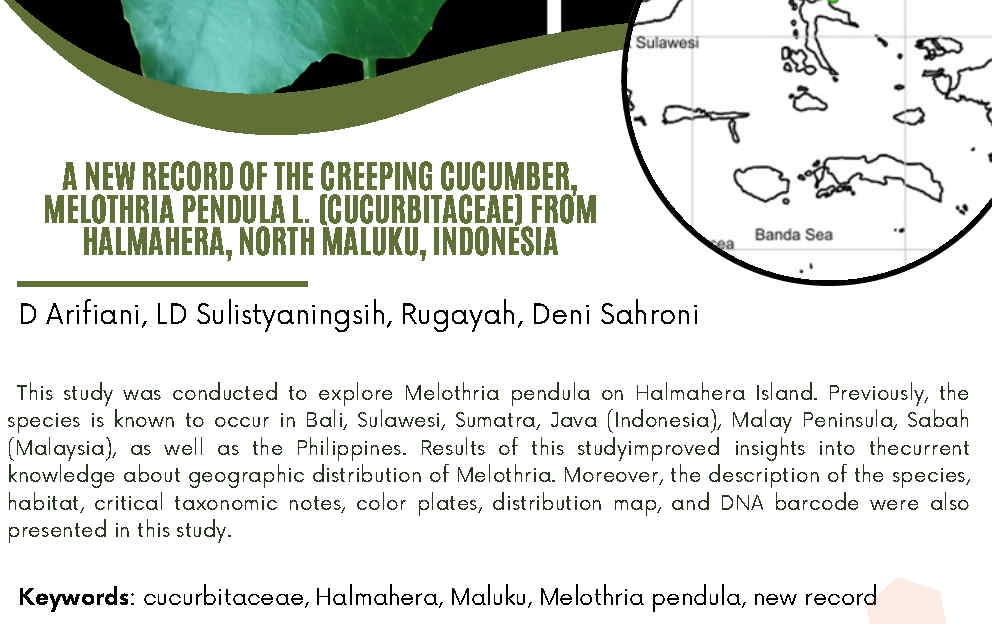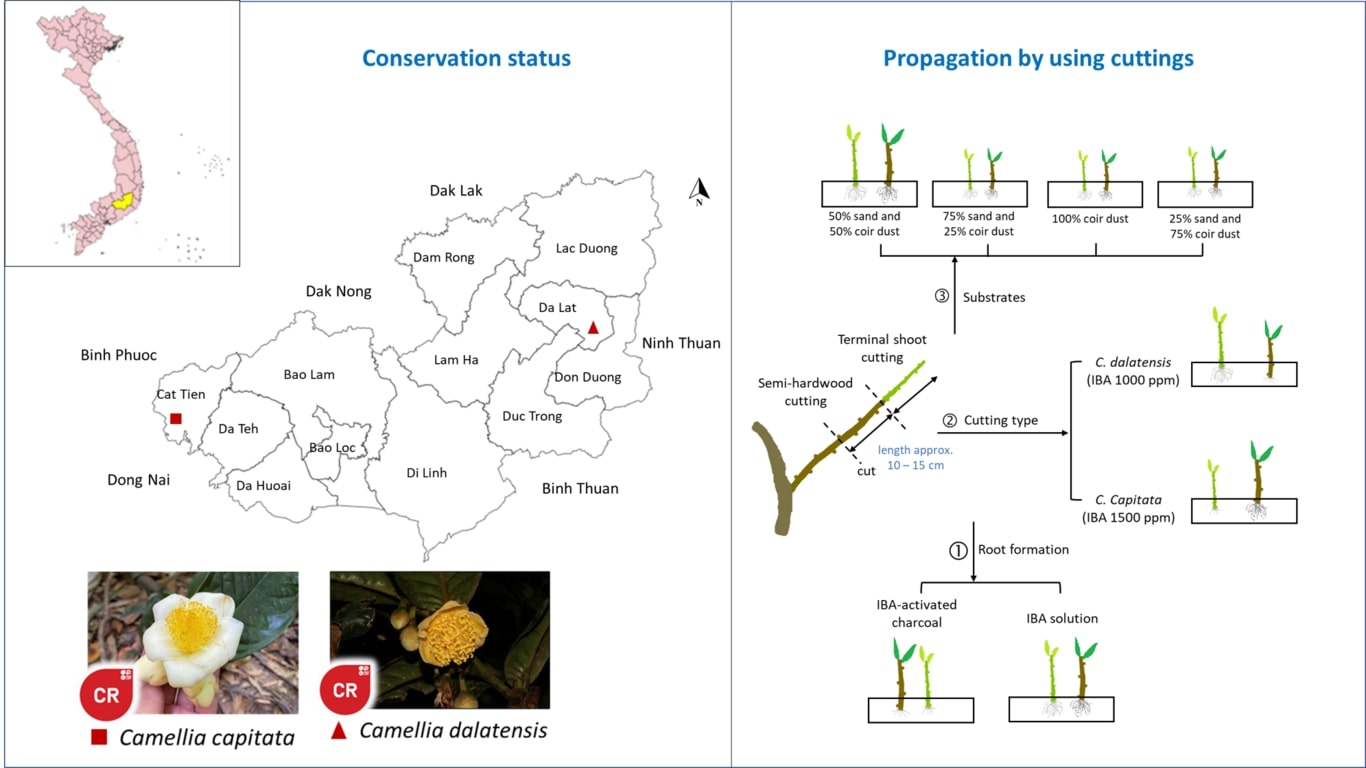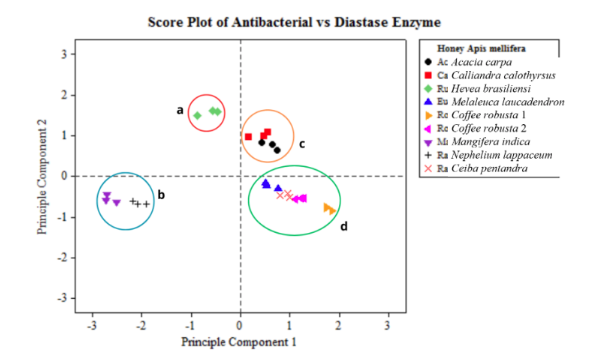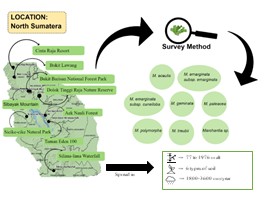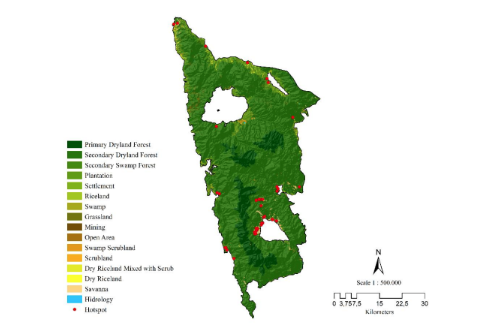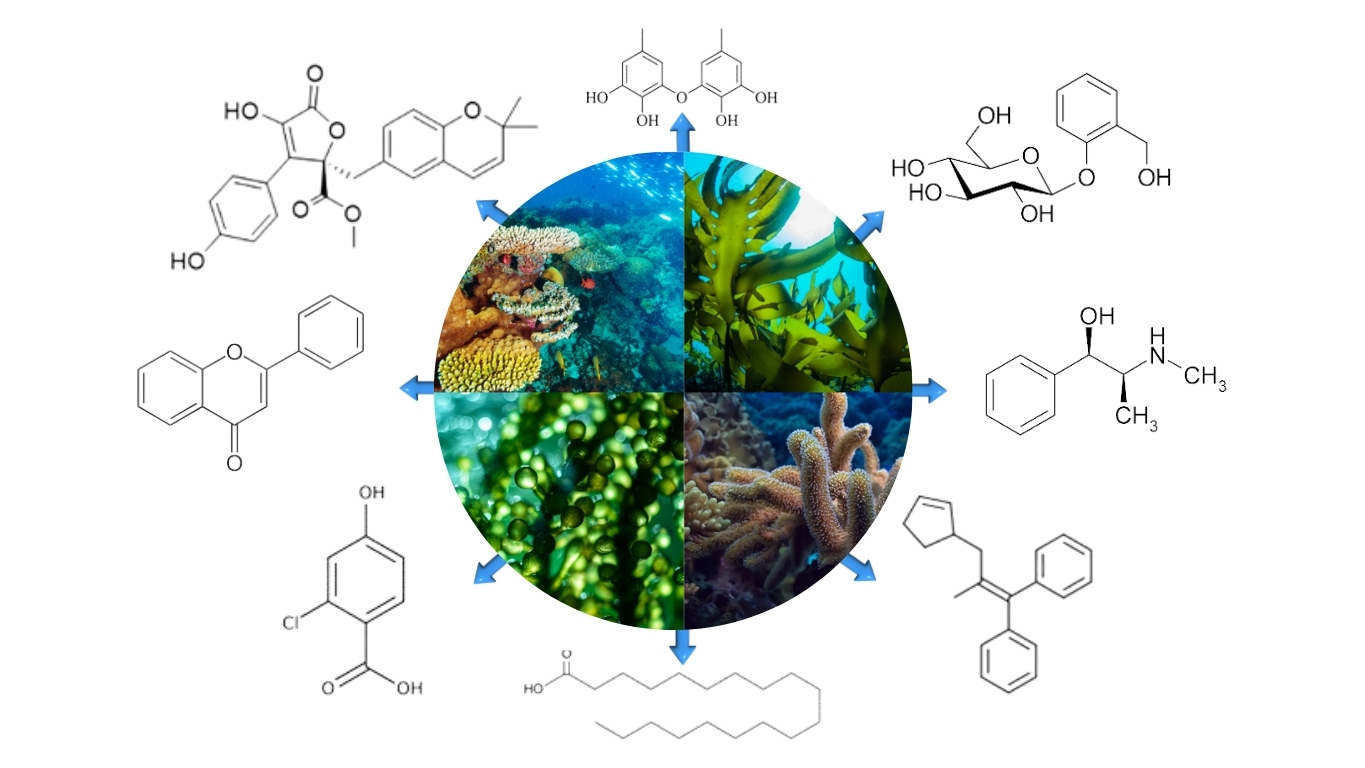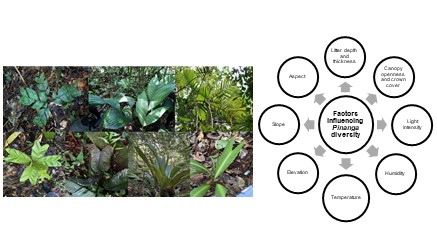IDENTIFICATION OF ENDOPHYTIC BACTERIA FROM Curcuma zedoaria BASED ON PROTEIN PROFILE USING MALDI-TOF MASS SPECTROMETRY
Downloads
Valid identification of microorganisms is a vital information to establish culture collections. Currently, molecular approach based on 16S rDNA is widely used for bacterial identification. This approach  is however, time consuming and expensive. Matrix assisted laser desorption ionization time of flight mass spectrometry (MALDI-TOF MS) allows the identification of microorganisms directly from colonies and it only takes some few minutes. The interest of this study was to identify endophytic bacteria associated with Curcuma zedoaria based on protein profile using MALDI-TOF MS system and compare with 16S rDNA sequence results. Endophytic bacteria were isolated from part of medicinal plant C. zedoaria collected from Bogor, West Java Indonesia. The identification of selected bacteria was performed by protein profile using MALDI-TOF MS. A total of 66 endophytic bacteria from C. zedoaria plant, were selected for identification. The result of MALDI-TOF MS analysis showed that eleven isolates (16.67%) were correctly identified to the species level and 23 isolates (34.85%) matched on genus level of molecular approach. These results demonstrates that the MALDI-TOF system is suitable and feasible approach for the bacterial identification, mainly for screening and grouping of large number isolates.
Downloads
Authors who publish with this journal agree with the following terms:
- Authors retain copyright and grant the journal right of first publication, with the work 1 year after publication simultaneously licensed under a Creative Commons attribution-noncommerical-noderivates 4.0 International License that allows others to share, copy and redistribute the work in any medium or format, but only where the use is for non-commercial purposes and an acknowledgement of the work's authorship and initial publication in this journal is mentioned.
- Authors are able to enter into separate, additional contractual arrangements for the non-exclusive distribution of the journal's published version of the work (e.g., post it to an institutional repository or publish it in a book), with an acknowledgement of its initial publication in this journal.
- Authors are permitted and encouraged to post their work online (e.g., in institutional repositories or on their website) prior to and during the submission process, as it can lead to productive exchanges, as well as earlier and greater citation of published work (See The Effect of Open Access).









